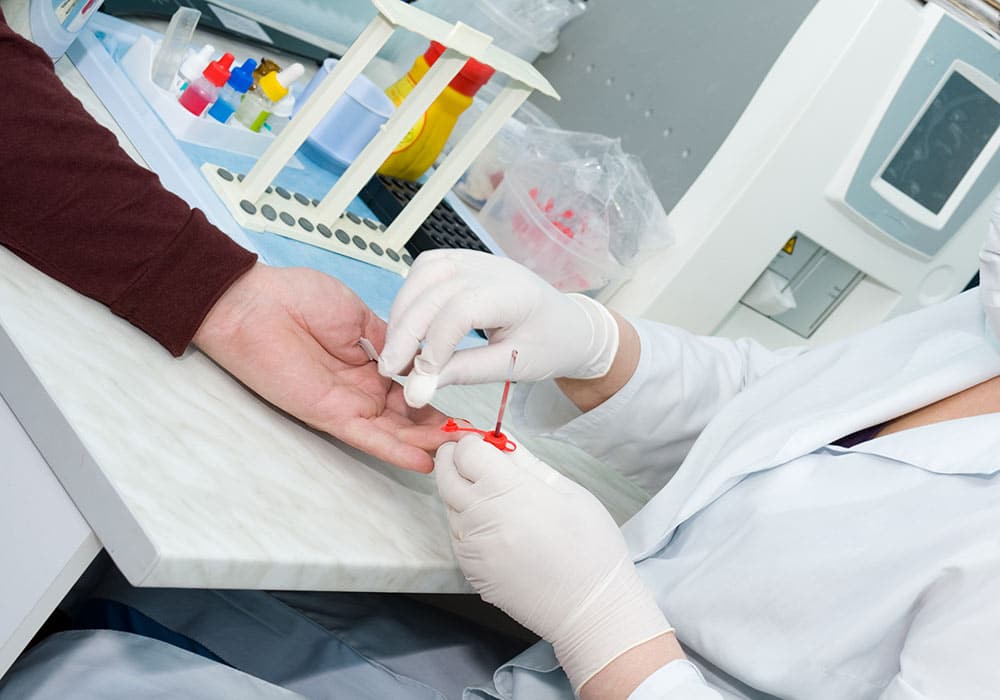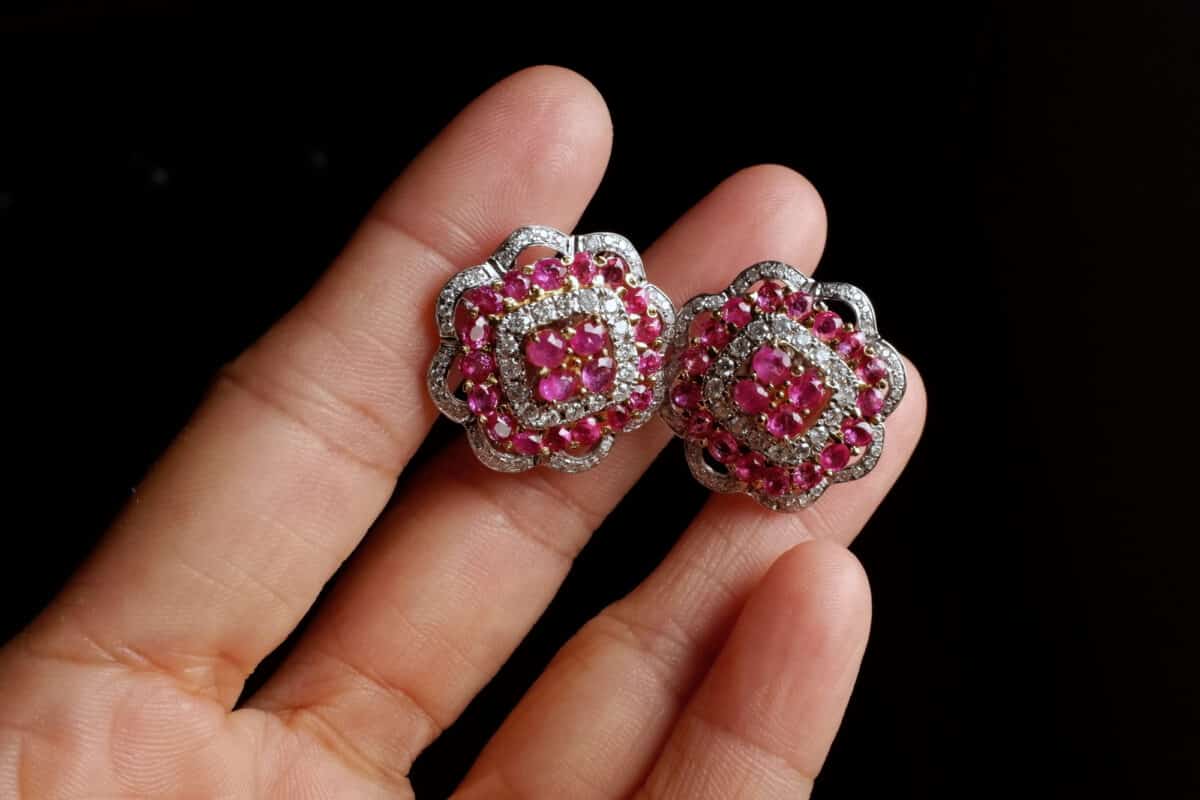
Norwich is a cathedral city in the area of East Anglia, roughly 160 kilometres northeast of London. As I had some meetings in the area, I decided to extend my stay and spend a day in Norwich, reputedly England’s most complete medieval city. I strolled around and found a vibrant city with the Norwich Cathedral, one of Britain’s largest medieval cathedrals, as its stunning centrepiece. Norwich has a compact city centre and all the major highlights are within walking distance of each other. During my walk, I discovered many interesting things to see in Norwich, from its cathedrals (there are two of them) to its picturesque medieval lanes, quaint half-timbered houses and ancient gates. Here’s how to spend a day in Norwich:
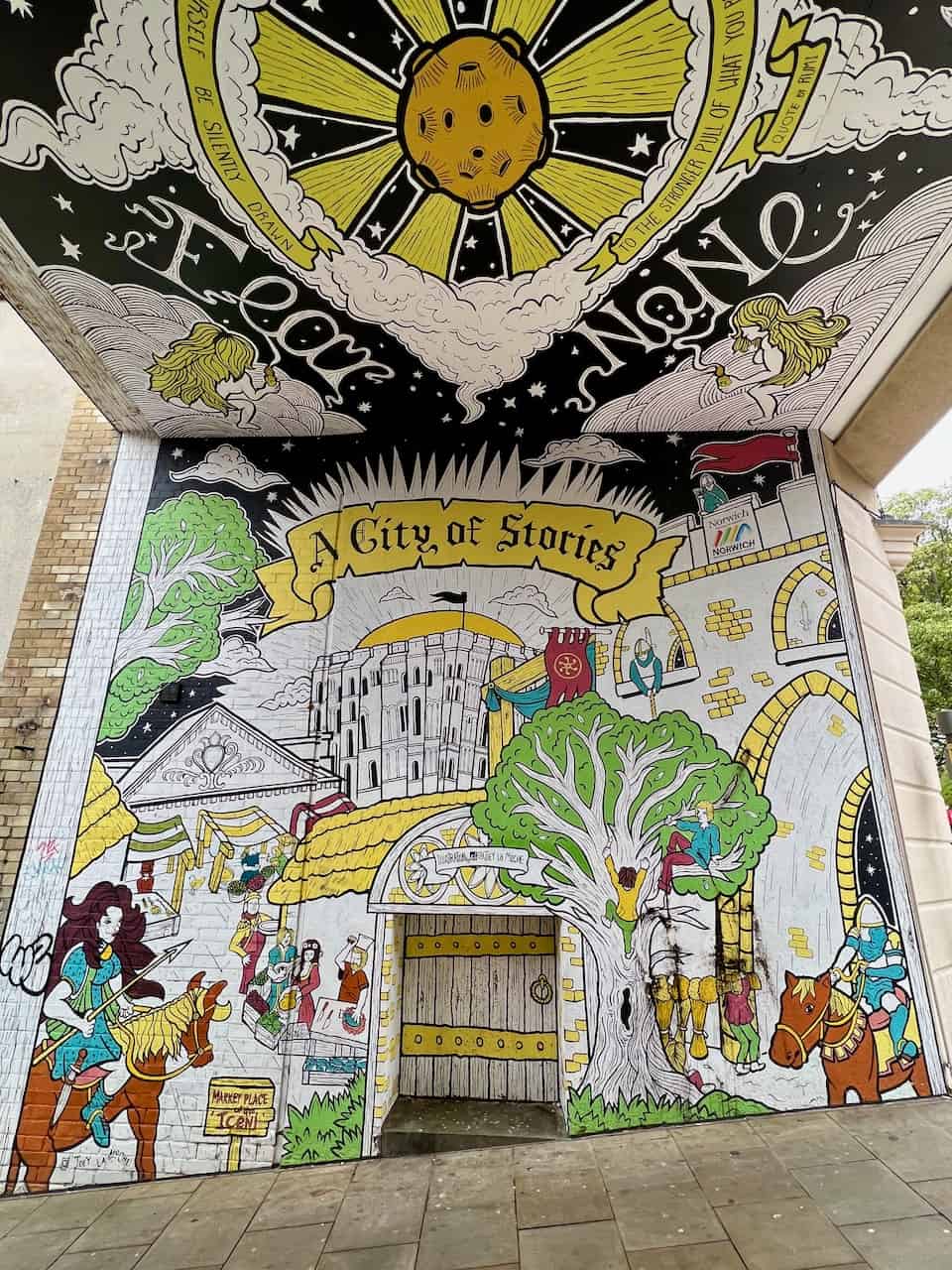

I booked a night at the Maids Head Hotel, which has a convenient location across the road from the Norwich Cathedral. Upon arriving, I checked in, left my bag at the hotel and embarked on my walk around the city.
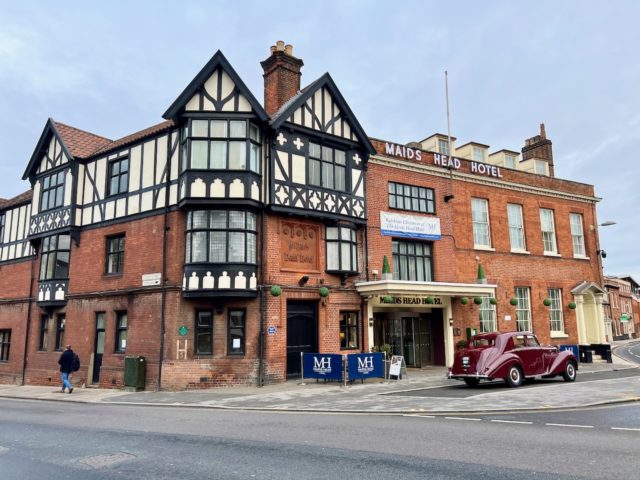
Here’s a map of my walking route past many of the places of interest in Norwich:
Norwich Cathedral
My first stop was the Norwich Cathedral. Completed in the 12th century, the cathedral boasts the second-tallest cathedral spire and second-largest cloister in England. As I entered the cathedral, I was greeted by the awe-inspiring sight of the nave and its ceiling.
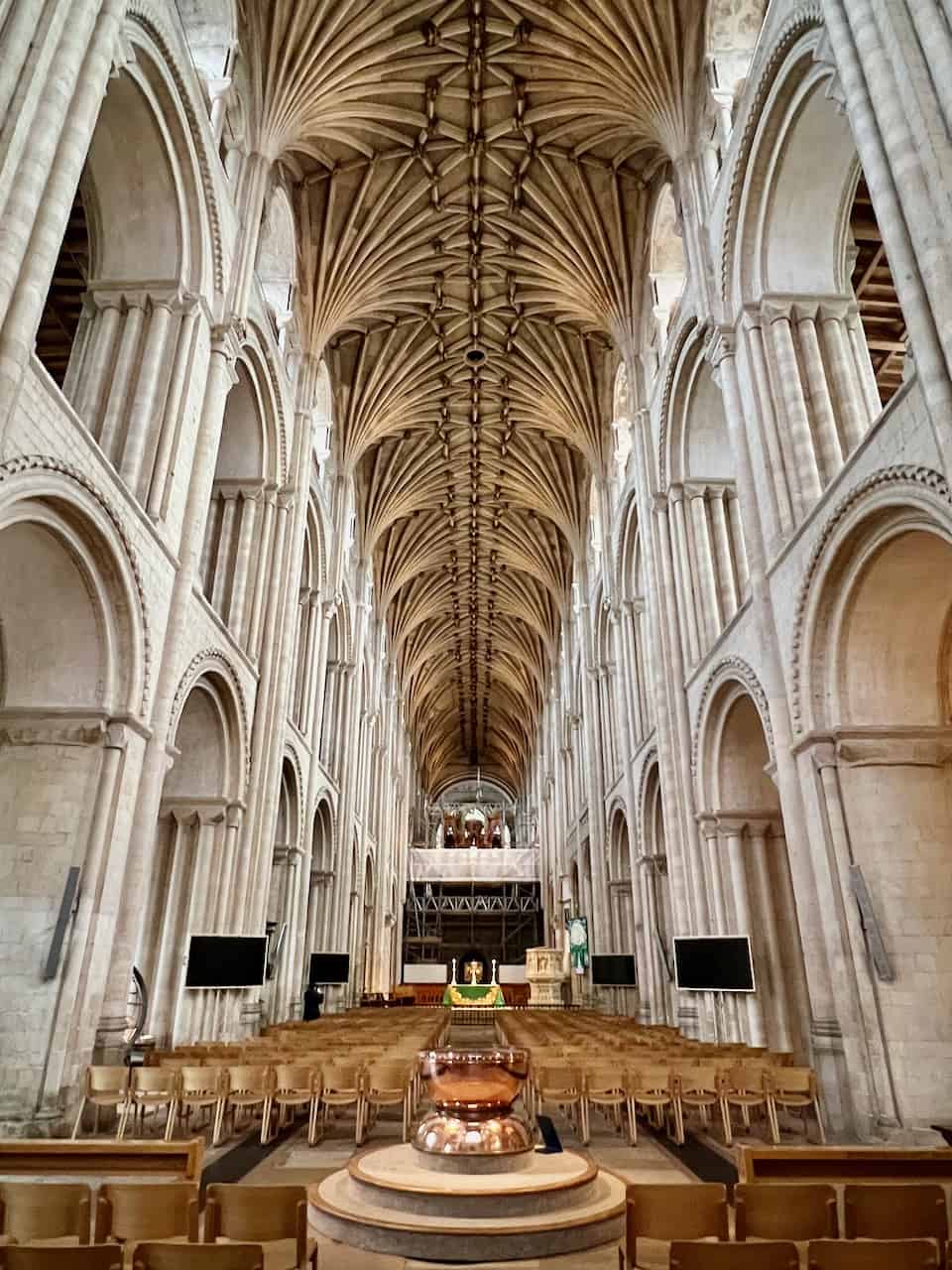
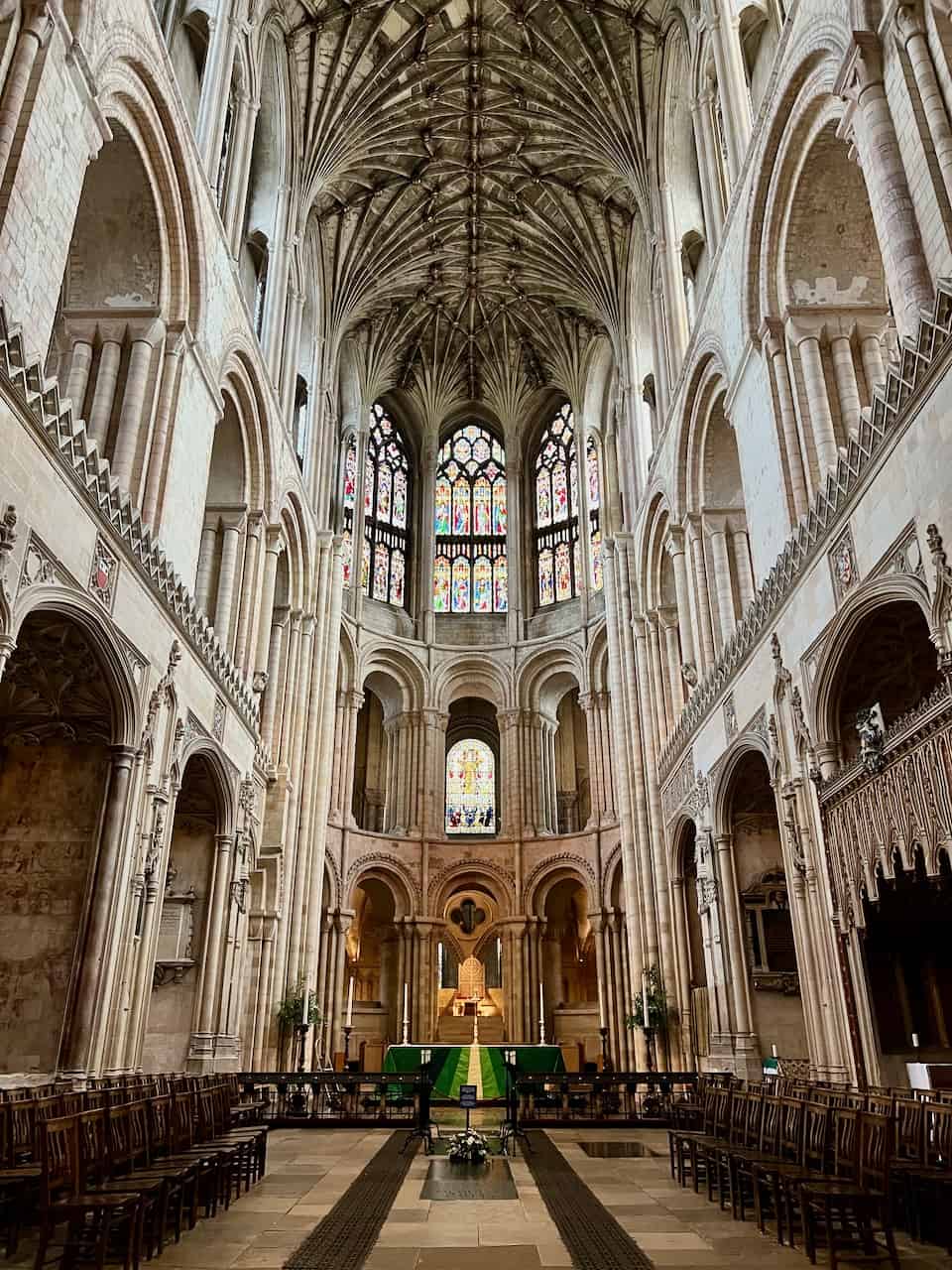
I took my time admiring the stunning nave, the beautiful stained glass windows and the massive cloister.
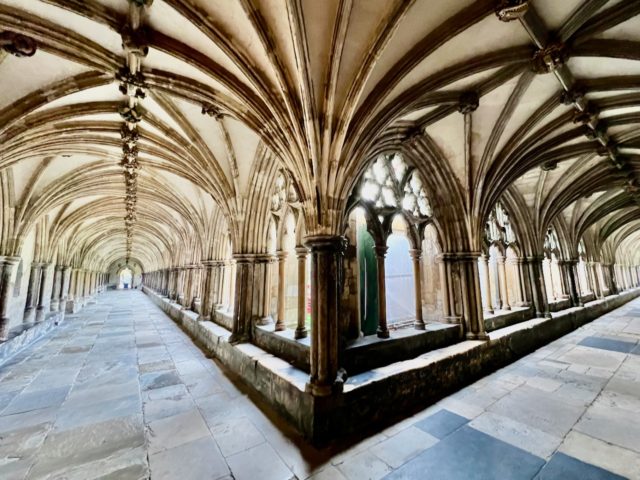
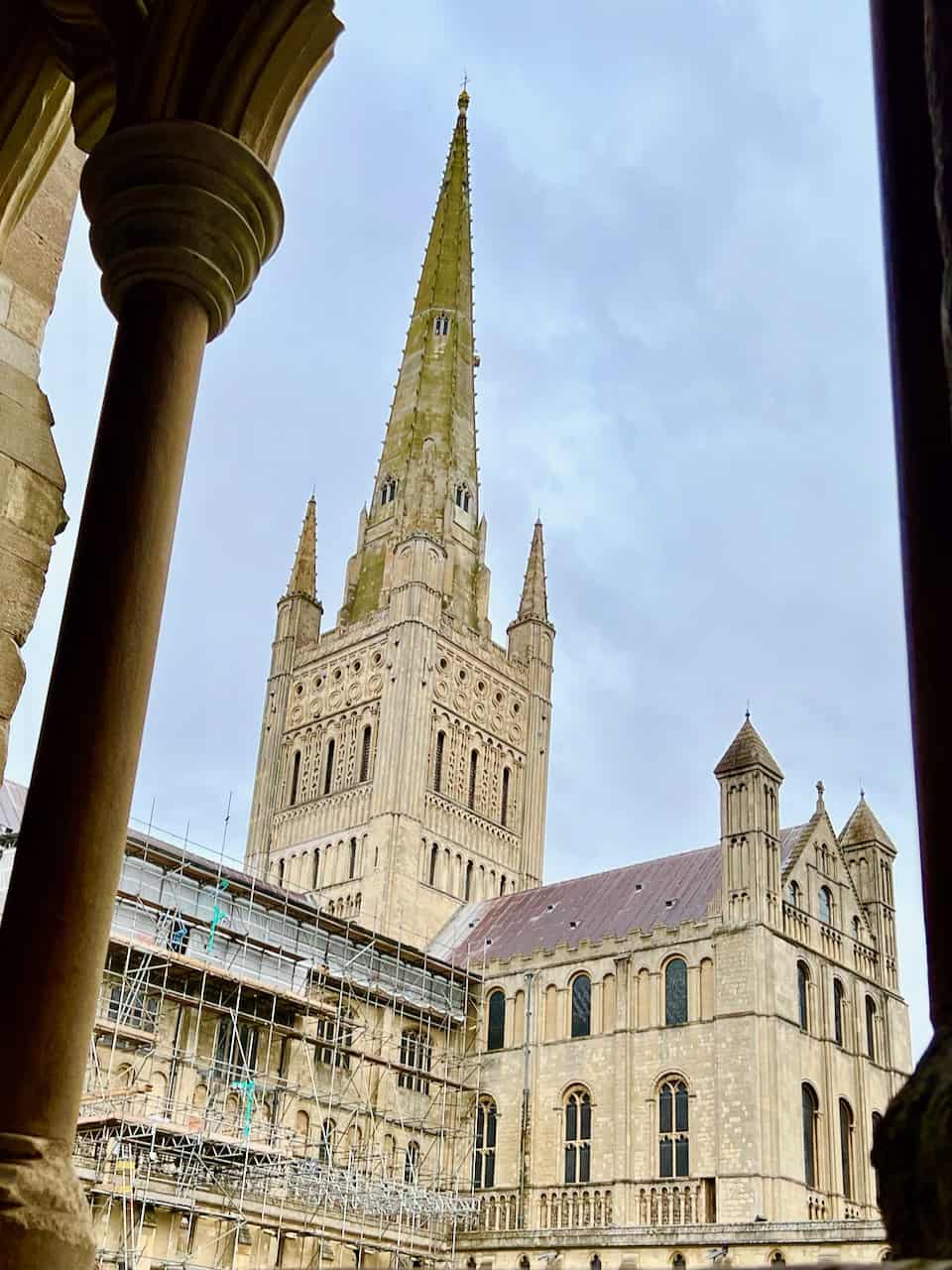
Cathedral Quarter
After visiting the cathedral, I walked to the river before backtracking a bit to explore Tombland and Elm Hill in the Cathedral Quarter, famous for their quaint, cobbled streets and half-timbered houses. Numerous shops, pubs and restaurants can be found in this quarter, which was the site of the medieval marketplace. I popped into The Bear Shop, packed with teddy bears, and stopped for a coffee at the lovely Britons Arms coffee house.
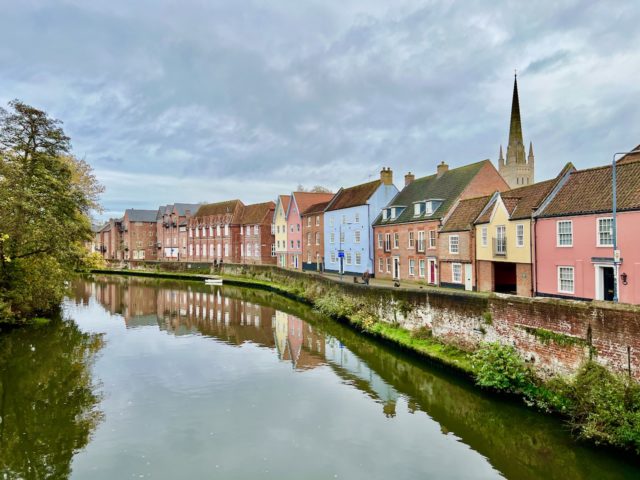
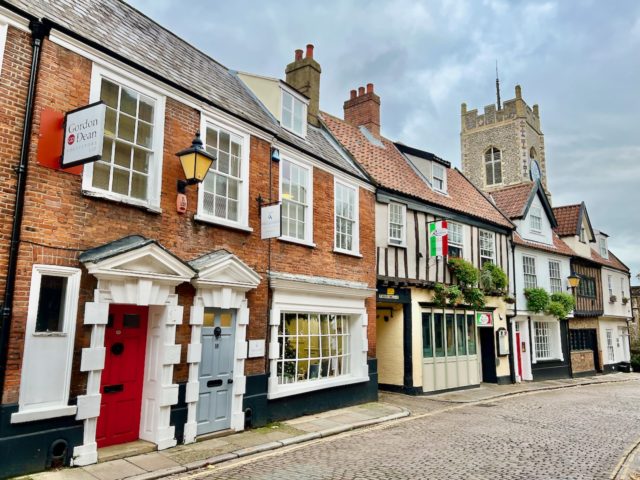
Norwich lanes
From the Cathedral Quarter, I made my way to the Norwich lanes, a maze of atmospheric streets and lanes filled with shops, cafés, restaurants and historic buildings. There’s a lot to see and places to visit in this heart of Norwich, such as the Museum of Norwich at the Bridewell, the Maddermarket Theatre, the 15th century Guildhall (England’s largest medieval city hall) and Strangers’ Hall (a furniture museum located in a 14th century house).
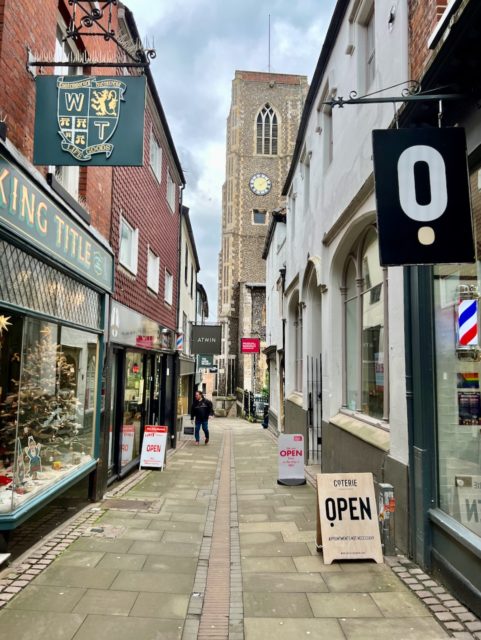
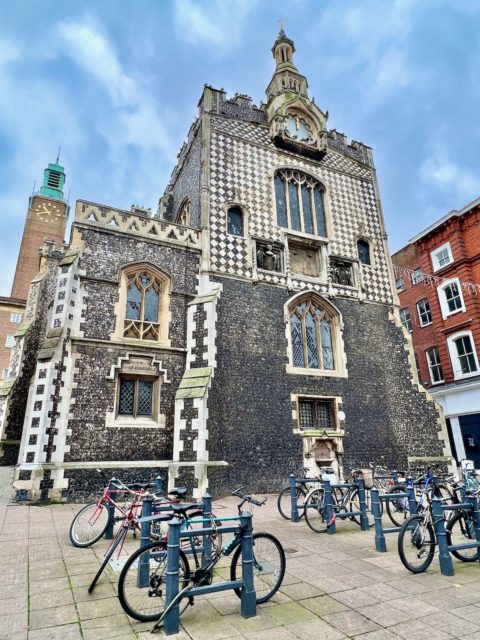
I had a great time exploring the lanes and browsing around the shops. I also visited the delightful antique and collectibles store inside the St. Gregory’s church.
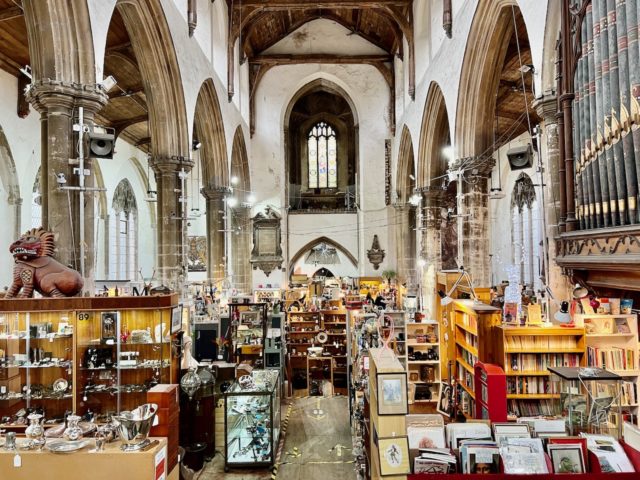
Norwich Market
I slowly made my way to Norwich Market, a large outdoor market with colourful roofs. I spent a few minutes strolling around the numerous food and craft stalls.
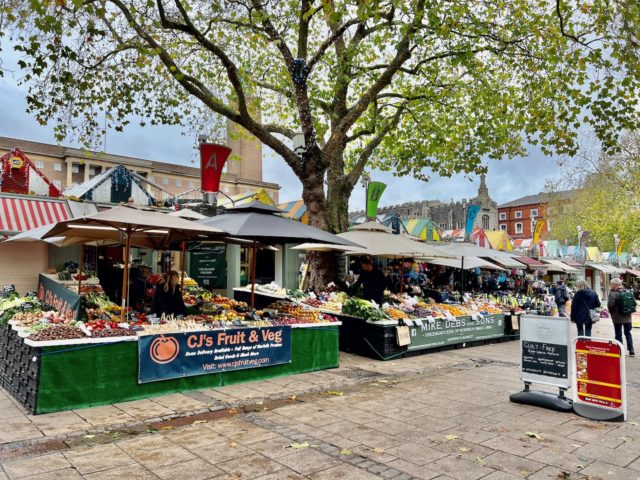
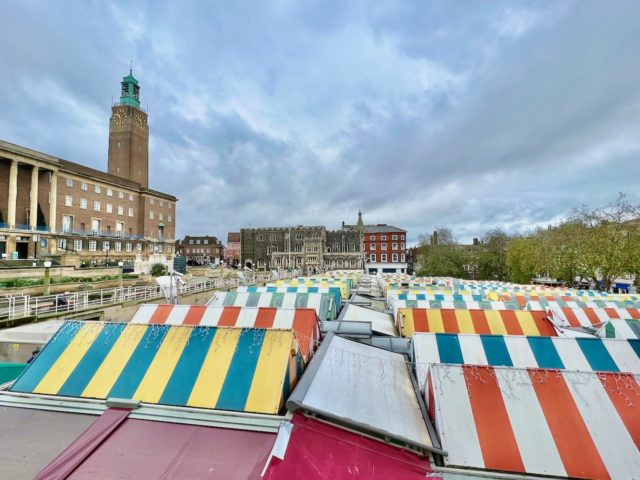
Towering above the market is the City Council building with its clock tower. A stone’s throw away lies The Forum, a modern building with a massive roof that houses a tourist information centre. Just across from The Forum stands the St. Peter Mancroft church, Norwich’s largest medieval parish church. I wandered inside and found a lovely art exhibition.
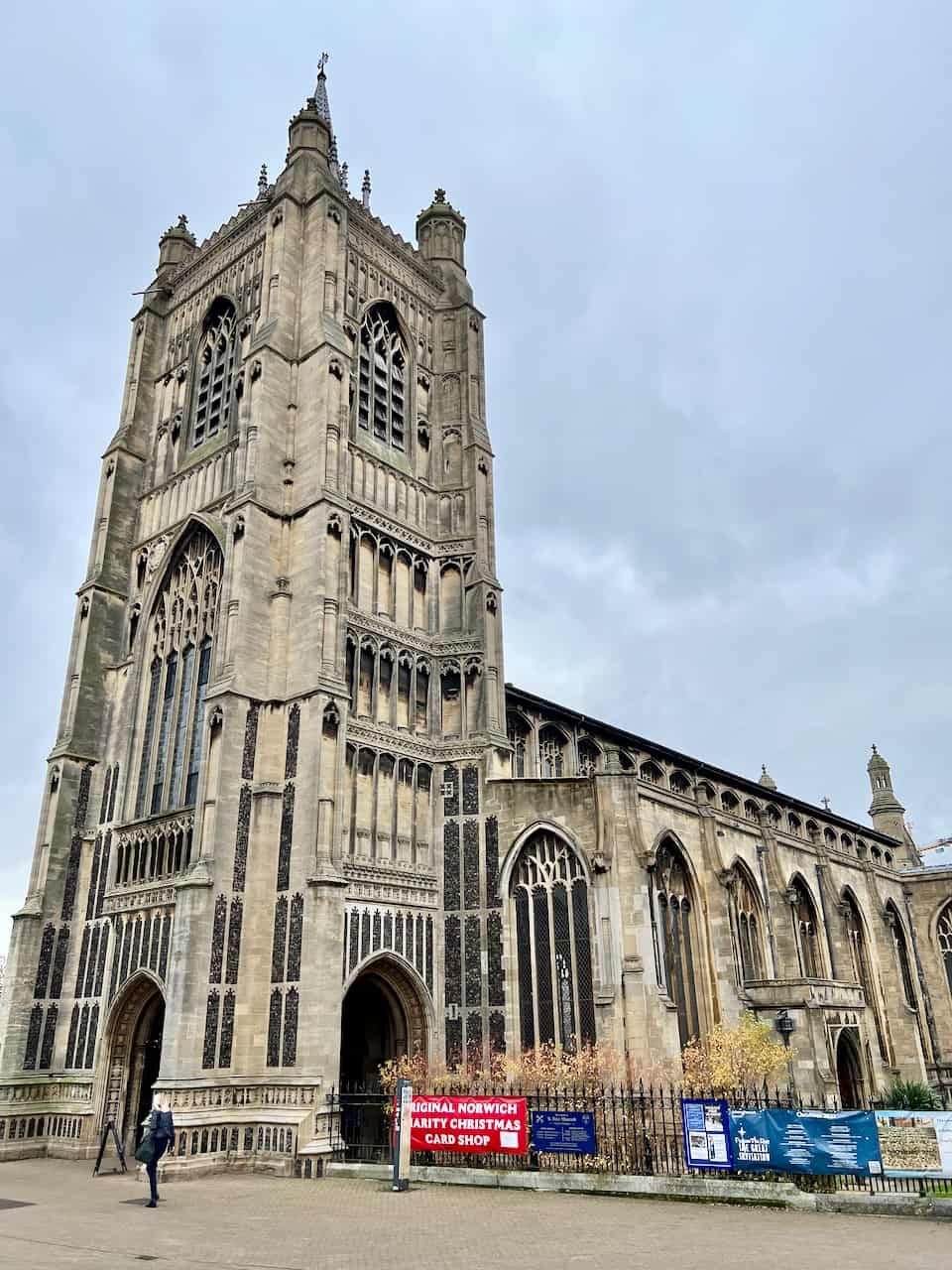
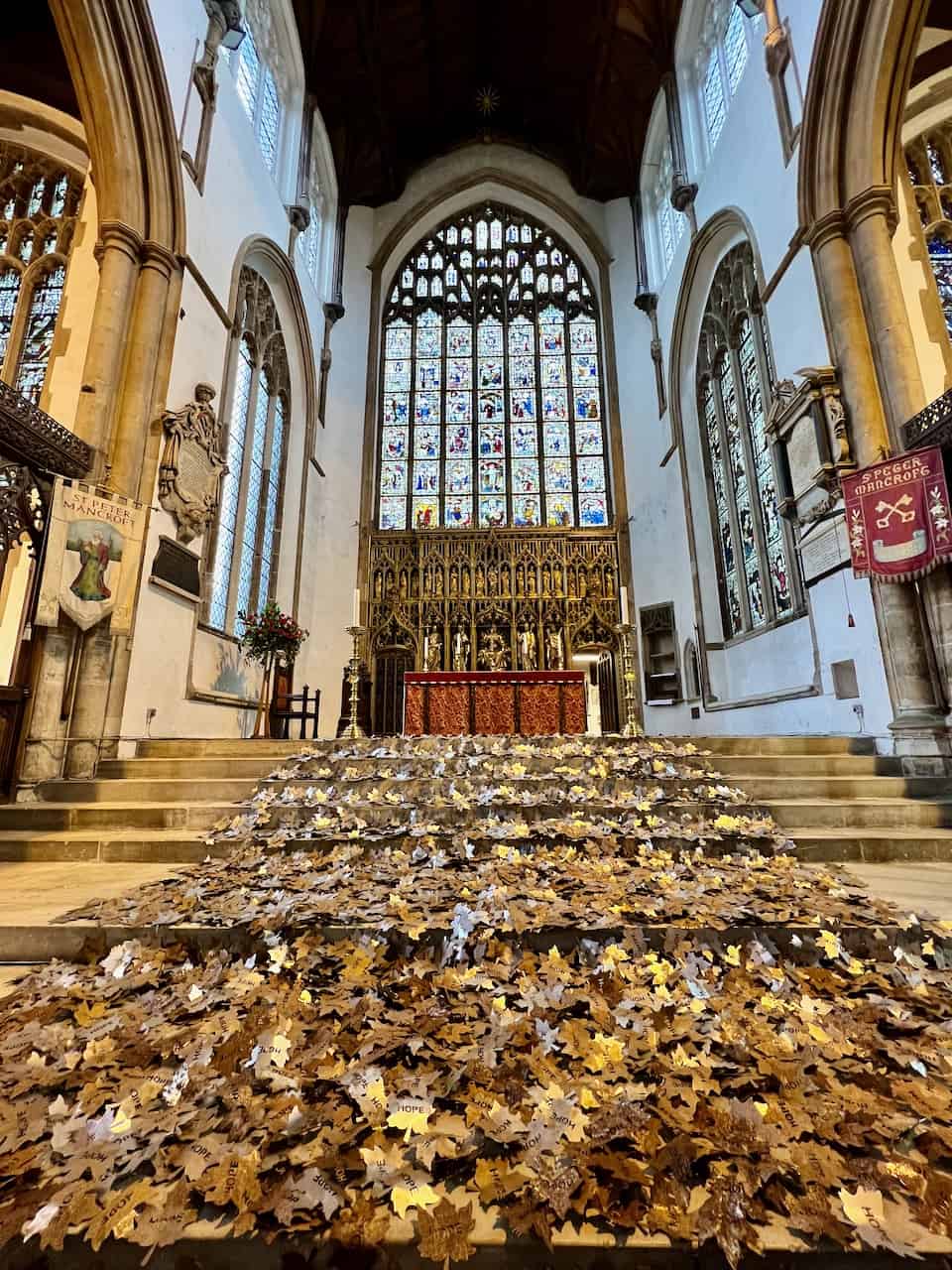
Castle Quarter
From the market, I continued to Norwich Castle through the buzzing Castle Quarter. This area is packed with shops and coffee houses. I walked through the splendid Royal Arcade, a gorgeous mix of Victorian and Art Nouveau architecture, and visited the cavernous Castle Quarter Mall before making my way up to the Castle.
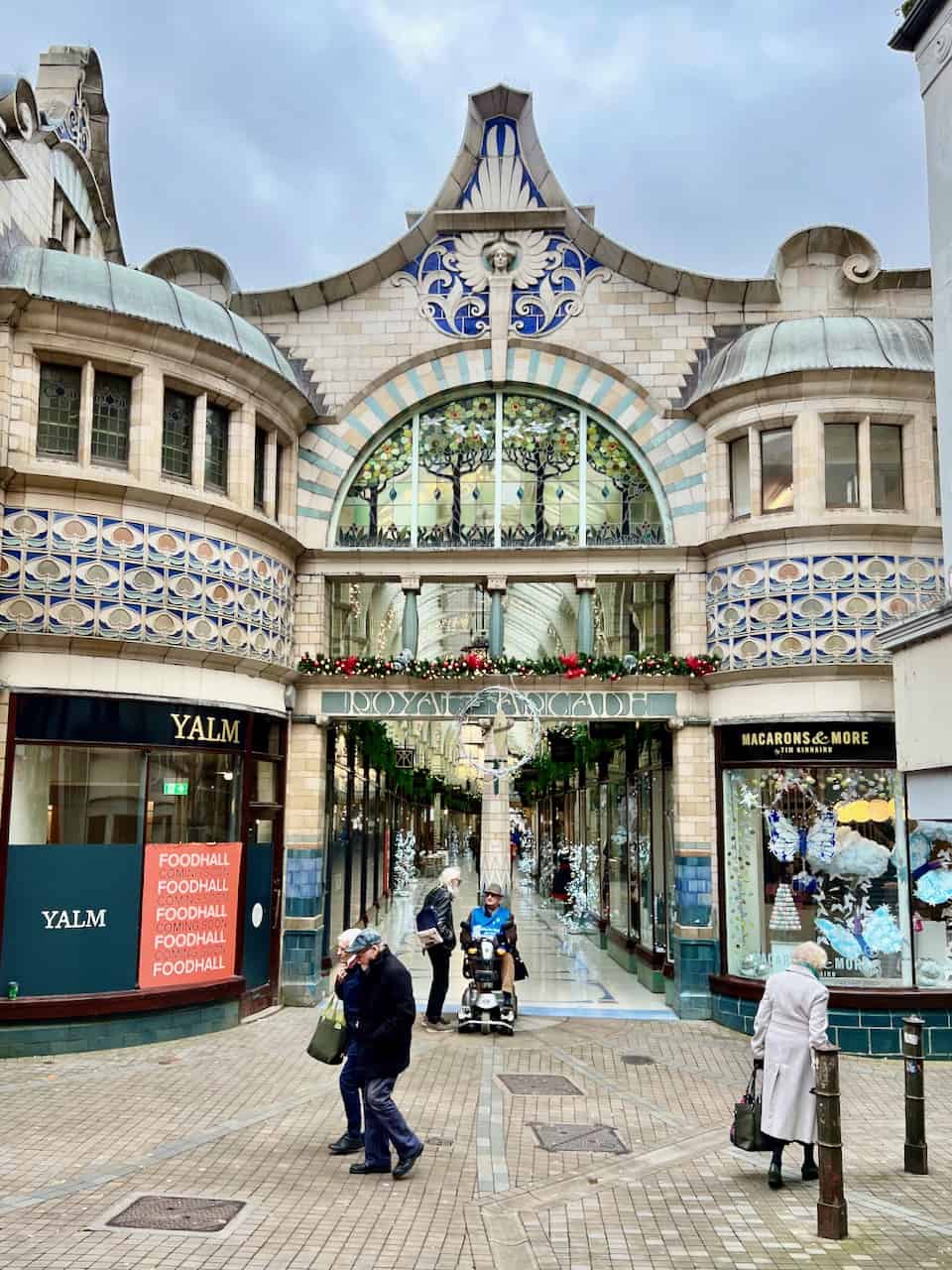
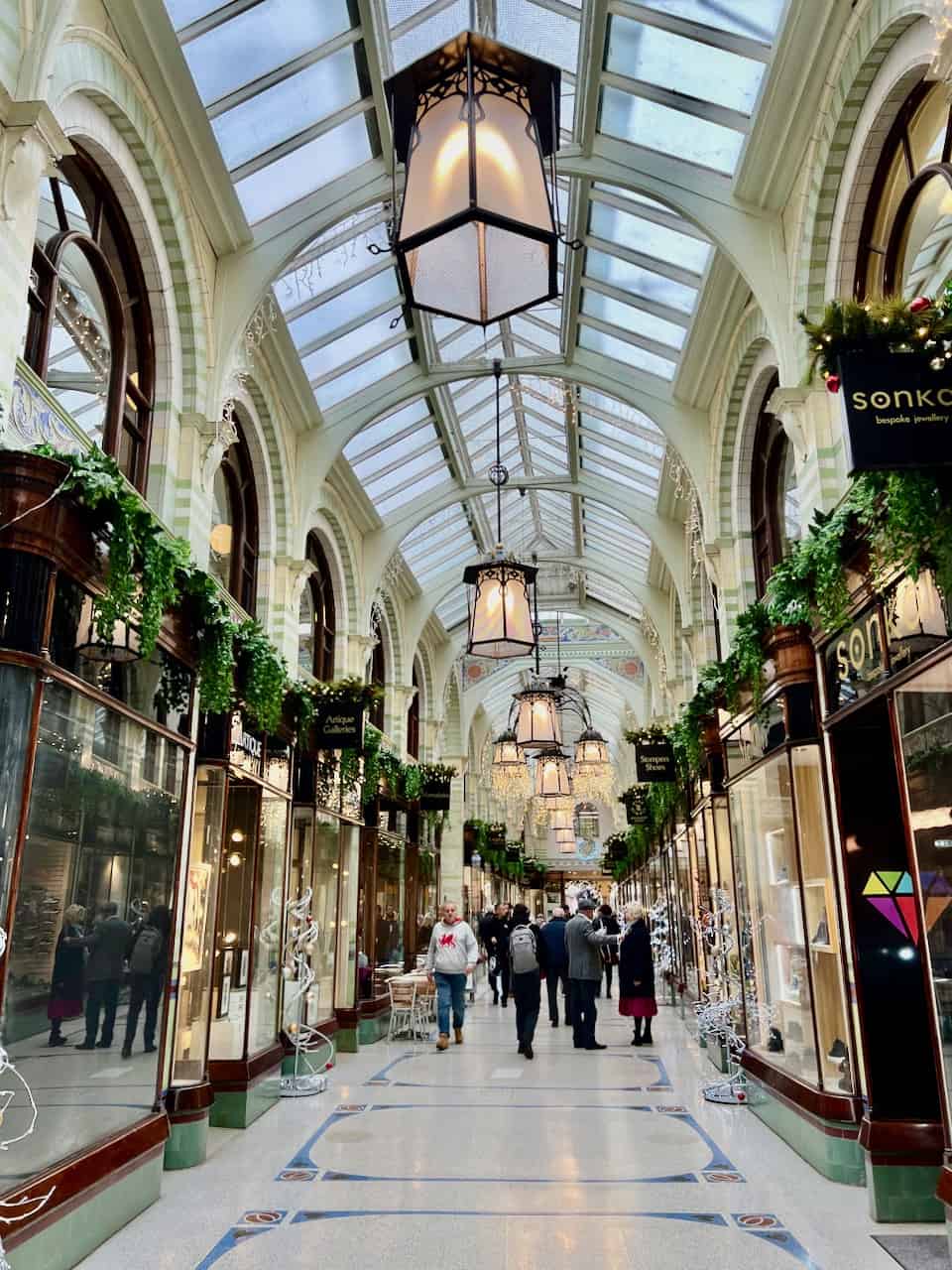
Standing tall atop a hill, Norwich Castle was built in the 11th century following the Norman Conquest of England. This imposing, box-like castle now houses a museum and art gallery.
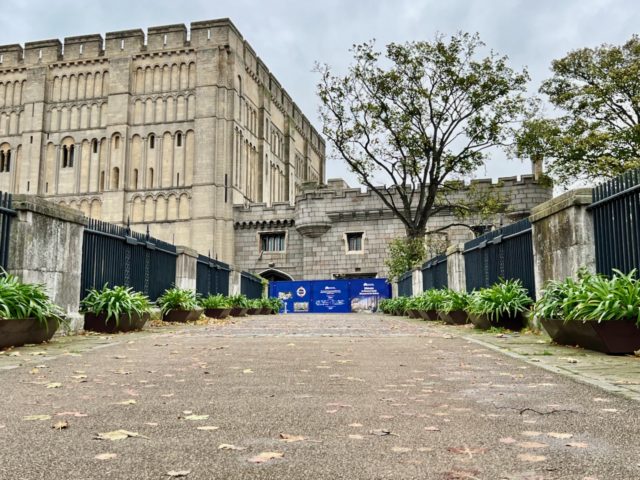
After visiting the castle, I found a wonderful place for a lunch stop: Cosy Club. I especially loved the classic interior with its impressive dome ceiling.
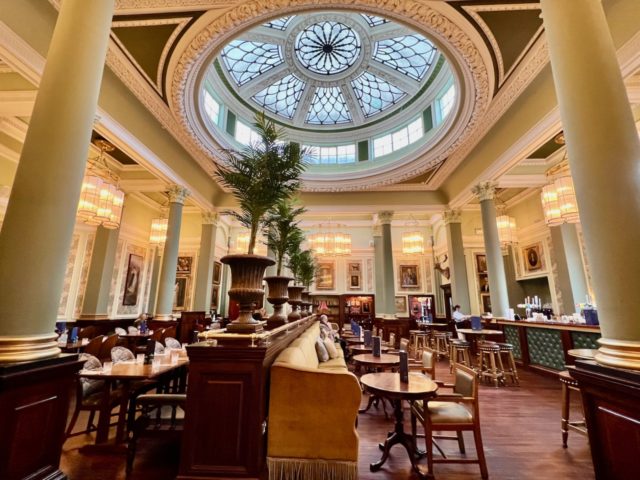
Ethelbert Gate
My walk around Norwich continued after lunch to Tombland. I passed the ornate 13th century Ethelbert Gate, one of two gates that lead into the walled Cathedral Close. The close is a lovely, tranquil area with gorgeous houses and gardens. I kept walking along until I reached the River Wensum.
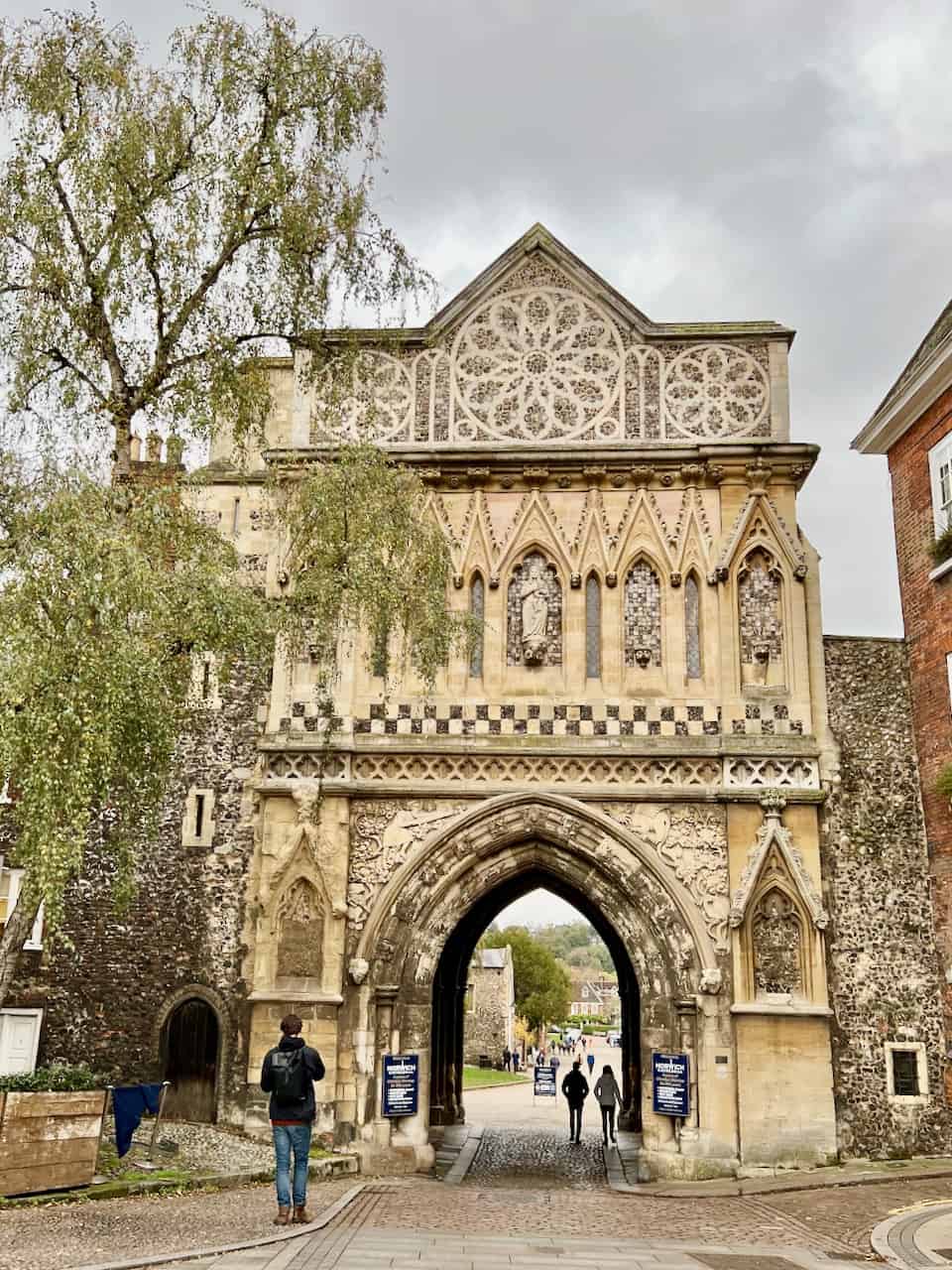
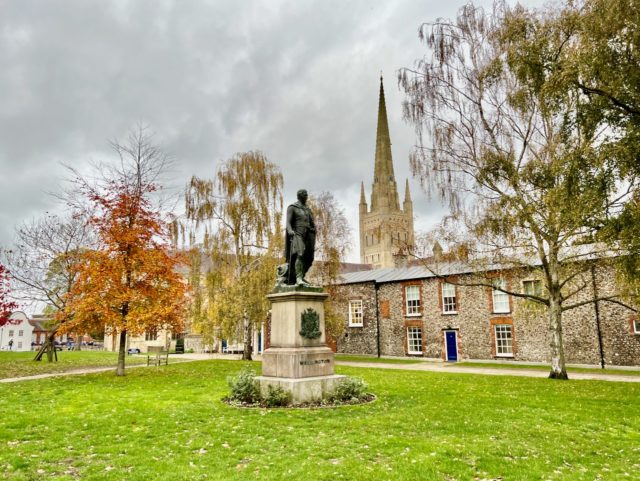
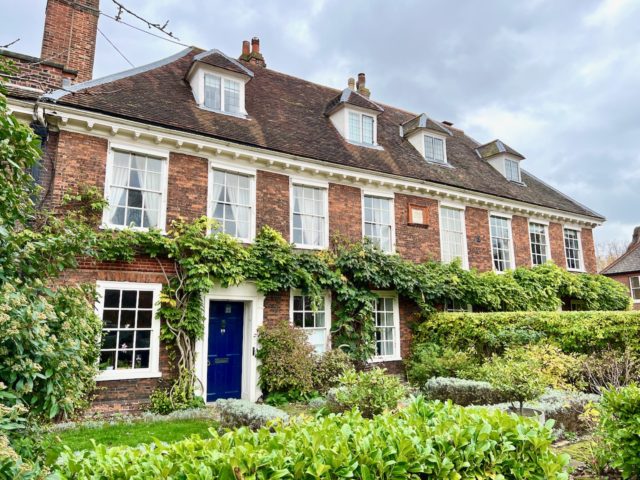
Riverside Walk
The River Wensum curls around the city centre and there’s a walking path that follows the river through lush parklands. This Riverside Walk passes various historic monuments such as Pull’s Ferry, a 15th century watergate and ferry house, the 14th century Bishop Bridge (one of England’s oldest medieval bridges still in use) and the 14th century Cow Tower.
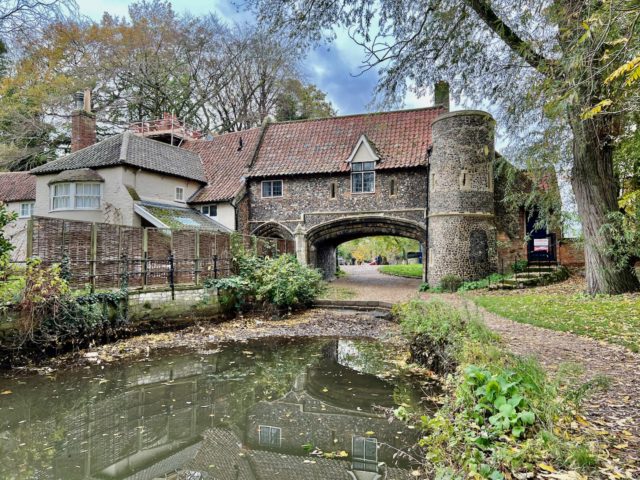
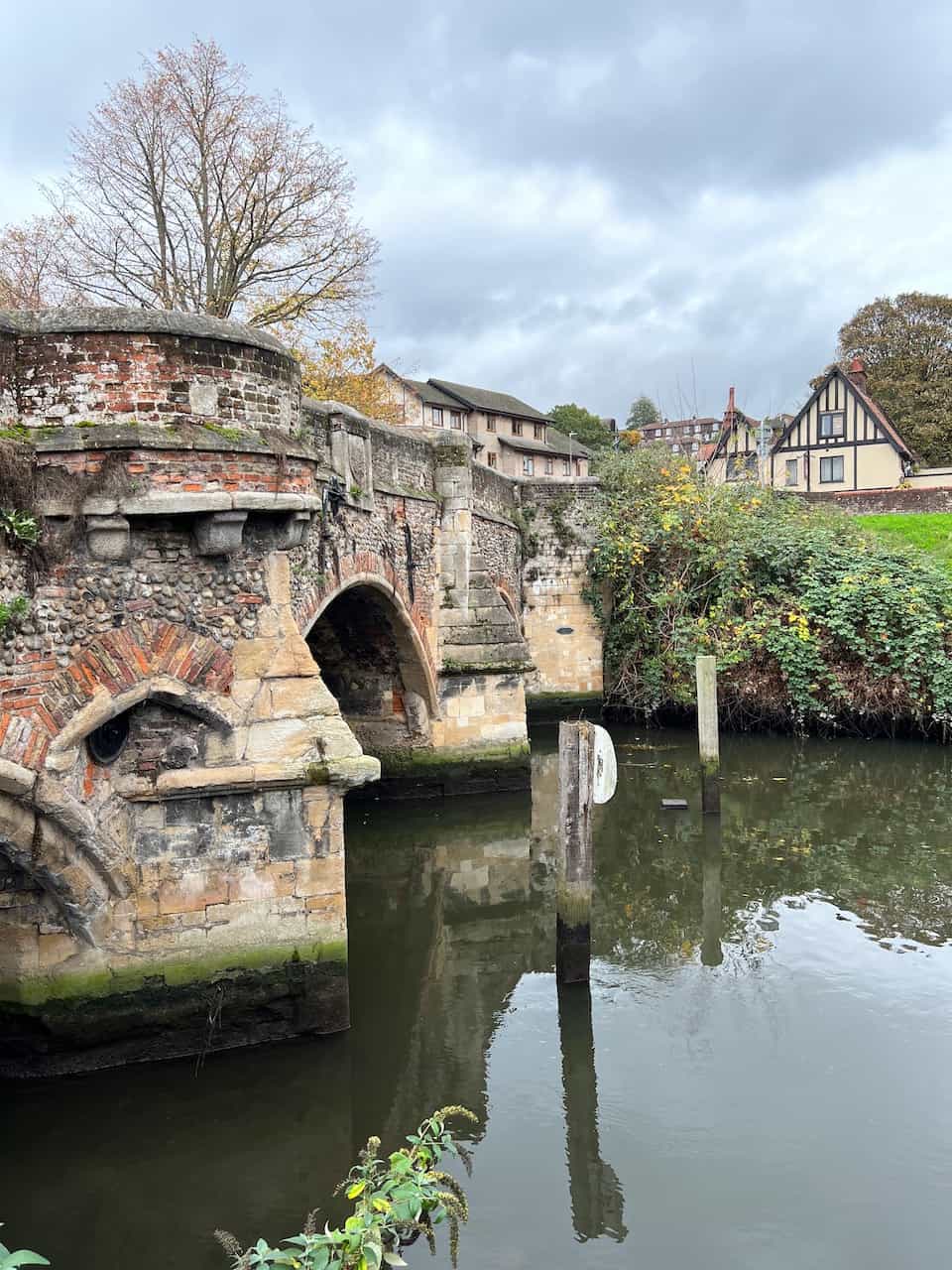
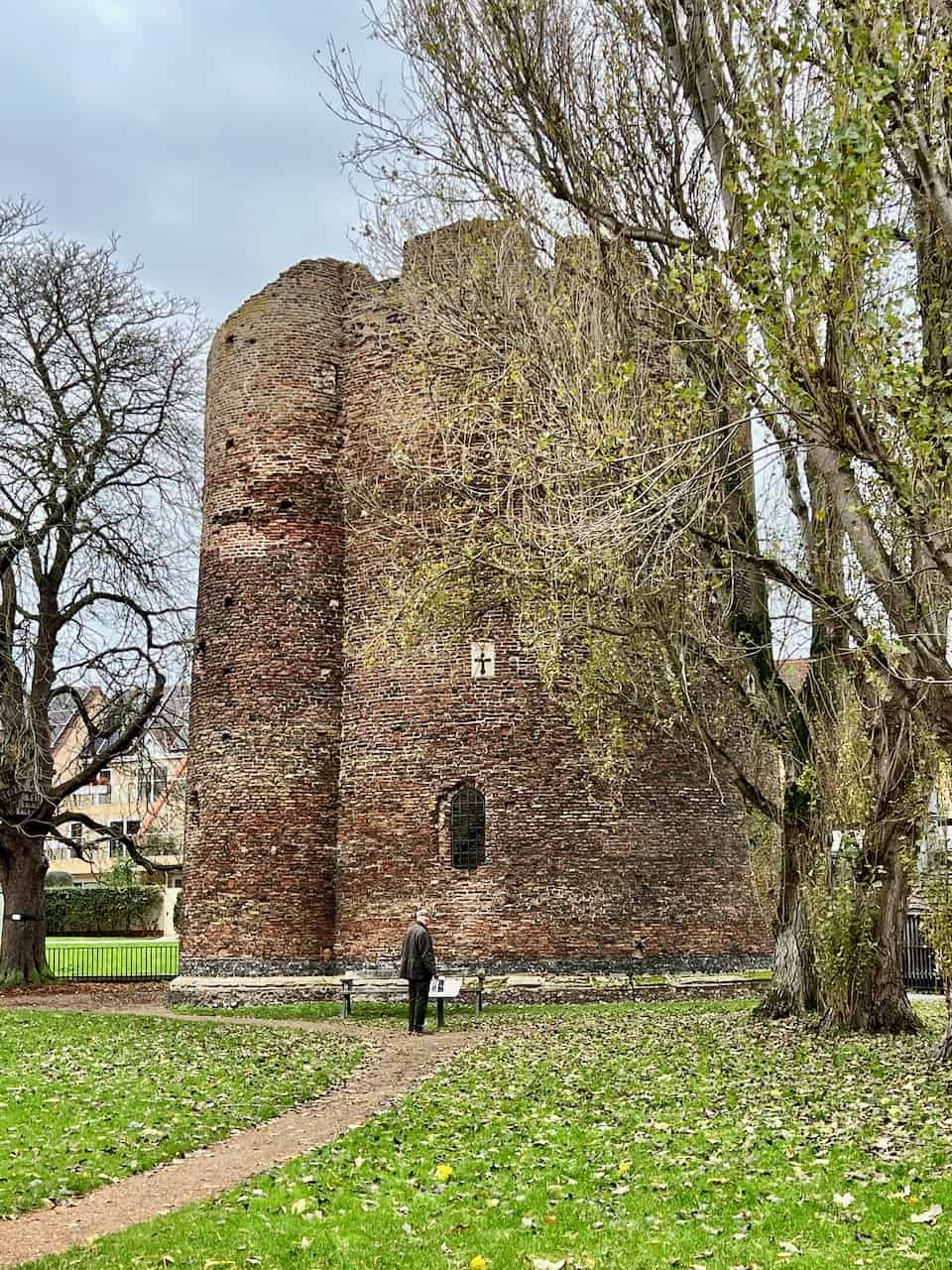
There are several pubs along the river that make for a great place to stop and relax, such as the Red Lion Bishopgate. I chose the rustic Adam & Eve pub to stop for a well-deserved pint before making my way back to the hotel.
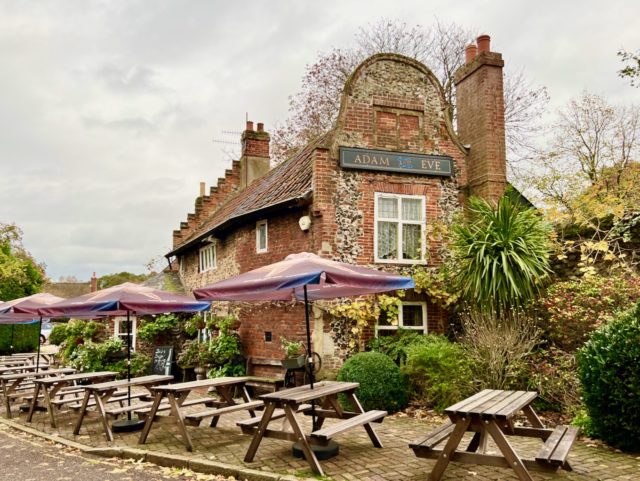
Evening in Norwich
That evening, I headed back to the Norwich lanes to look for a dinner spot. When visiting a place, I enjoy wandering around and looking at the menu’s of restaurants. Earlier in the day, I spotted a great menu at Bishop’s, but alas, they were fully booked when I inquired. I continued my search and found a lively place called The Ivy Brasserie. I loved the colourful interior, and the food and service were really good!
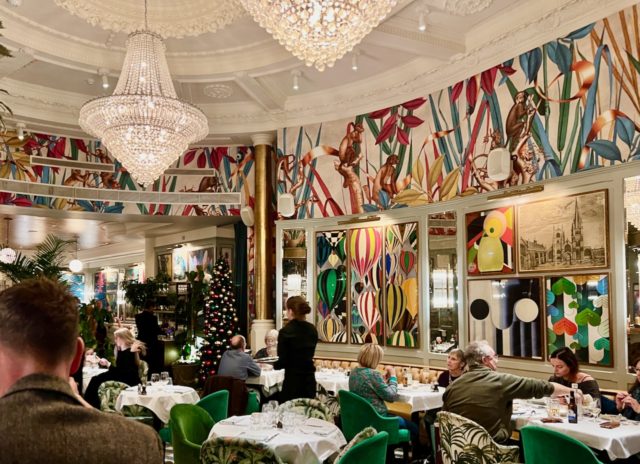
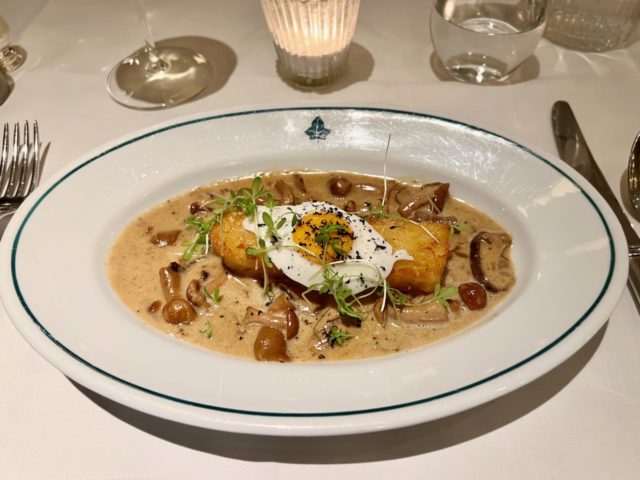
On my way back to the hotel, I stopped for a drink at The Edith Cavell pub in Tombland. I had a wonderful time chatting with some of the locals and thinking of all the ground I covered during my day in Norwich!
There are other places of interest in Norwich that I didn’t get to visit such as the second cathedral (the Cathedral of St. John the Baptist) and the Chapelfield district. I absolutely enjoyed my day in Norwich and can definitely recommend a visit for a day or two. I’ve marked the places I didn’t get to see as orange pins on the map above. You can also join the Norwich Hop-On-Hop-Off Bus Tour.
Getting to Norwich
Norwich is accessible by train from London Liverpool Street Station (less than two hours). There are also twice-daily flights from Amsterdam with KLM to Norwich Airport (a 35-minute flight). Search for flights with Skyscanner.

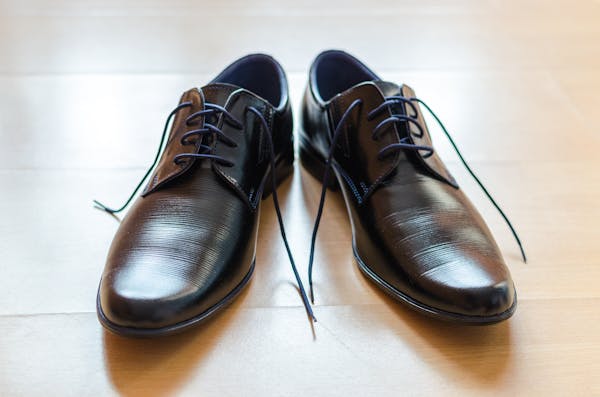


%2520(1).png)
